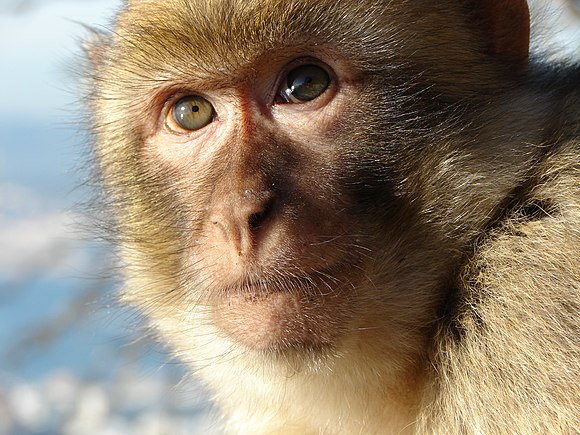At the Chinese Academy of Science’s Institute of Neuroscience in Shanghai, scientists cloned five macaque monkeys by somatic cell nuclear transfer to study sleep disorders. The Chinese scientists disabled the BMAL1 gene that is needed for circadian regulation in the monkeys. Monkeys that now lacked the BMAL1 gene showed symptoms such as loss of sleep, change in blood hormones, anxiety, depression, and schizophrenia. The scientists believe that through this method they can have a better understanding of brain diseases, the immune system, the metabolic system, and cancer. This study has been under scrutiny for ethical reasons. However, the state news agency has claimed that this work was supervised by the institution’s ethic panel which required them to comply with the ethical standards.
While this work is certainly groundbreaking and interesting, I am not sure if I completely agree with the study methods. Hundreds of monkeys were forced to struggle with countless physical and mental illnesses. I am surprised that the general public did not seem to have a bigger issue with this study. I do see the advantages to this study since it will allow scientists to study other issues such as cancer and brain diseases. However, we take care of humans with these mental issues, but yet we exposed these illnesses to these monkeys. I just think that the scientists could have thought of a better method to study the circadian regulation than this method.

No comments:
Post a Comment